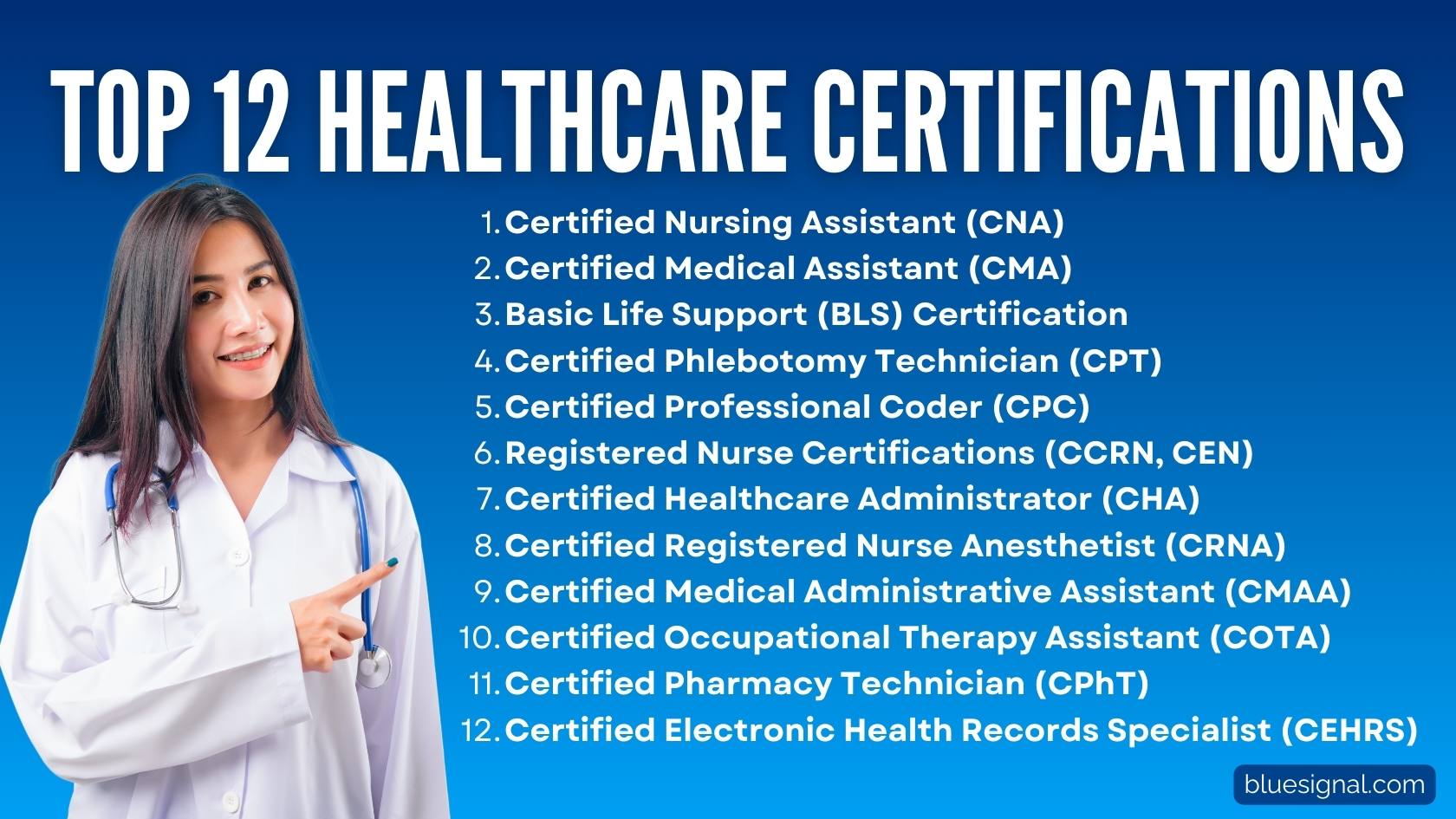Introduction
Higher education is changing. Instead of spending four or more years earning a degree, many learners are turning to micro-credentials and certificates—short, skill-focused programs that provide job-ready training in weeks or months. As technology and industries evolve, the demand for quick, affordable up skilling is growing. But will these mini-qualifications replace traditional degrees, or will they work alongside them?
What Are Micro-Credentials & Certificates?
Micro-credentials and certificates are short, targeted programs that teach specific skills. Unlike traditional degrees, they are:
- Fast – Completed in weeks or months, not years.
- Affordable – Often much cheaper than a full degree.
- Industry-focused – Designed to meet current job market needs, like coding, data analysis, or digital marketing.
They come in different formats, such as:
- Digital badges (e.g., from LinkedIn Learning or Coursera)
- Professional certificates (e.g., Google or Microsoft certifications)
- Nano-degrees (short, intensive courses in fields like AI or cybersecurity)
Why Are They Becoming So Popular?
1. Learn Faster, Stay Competitive

Degrees take years, but micro-credentials let professionals gain new skills quickly and adapt to changing job demands.
2. Save Money, Earn More
With rising tuition costs, many prefer low-cost certificates that boost employability without debt.
3. Employers Want Skills, Not Just Degrees
Big companies like Google and IBM now hire based on skills, not just degrees. Micro-credentials prove expertise in key areas.
4. Lifelong Learning is Essential
Jobs change fast. Workers need to keep learning throughout their careers, and micro-credentials make this easier.
Challenges to Consider
While useful, micro-credentials have some drawbacks:
- Not all are equal – Some employers may not recognize certain certificates.
- Degrees still matter – Many high-level jobs still require traditional education.
- Too many options – Choosing the right program can be confusing.
Will They Replace College Degrees?
Probably not—but they are changing how we learn. Here’s what’s happening:
- Universities offer stackable credentials – Some schools let students earn micro-credentials that count toward degrees.
- Companies create their own courses – Employers like Amazon and Salesforce now offer training programs.
- AI helps hiring managers spot skills – More companies use software to find candidates with the right certifications.
The Future of Education?
Micro-credentials are making education more flexible, affordable, and career-focused. They won’t replace degrees but will likely become a key part of learning for students and professionals.
The best approach? Combine degrees with micro-credentials to stay competitive. For schools and employers, the challenge is making sure these mini-qualifications are trusted and valuable.
One thing is certain: Learning is becoming faster, smarter, and more skill-based—and micro-credentials are leading the way.











